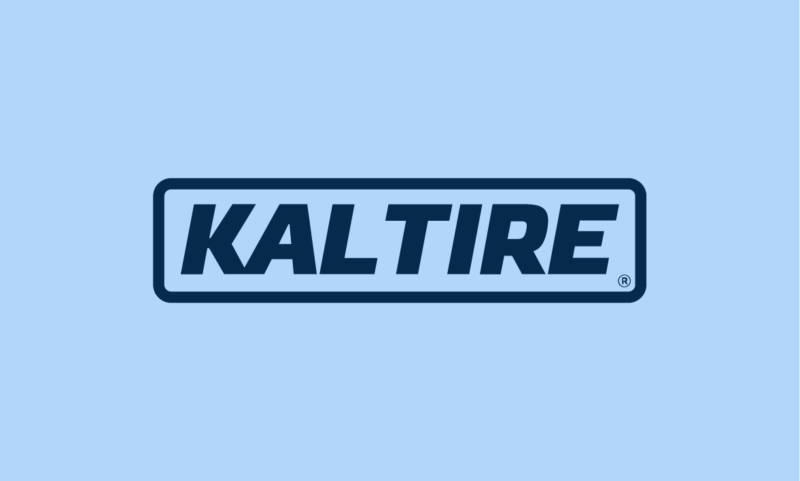Resources: Customer Stories
The council that handed control to ratepayers
Lower costs, a better service and happier ratepayers. How a forward-looking local authority transformed its rate-collection operation — by giving power to the people.

A new approach to rate collection
Councils across the world spend vast sums on the collection of rates. From rate-notice deliveries, to customer support, to court actions for unpaid debts — it’s a heavy load that ultimately must be paid for by taxpayers themselves. Inevitably, rate-collection efforts can never be wholly successful. Councils tend to be owed vast sums they will never recover from ratepayers – both individuals and corporate. And unpaid rates are increasingly a source of problem debt for those facing economic struggles. But one council recently saw the transformative effects of handing citizens and businesses control over the process of rate paying.
Willoughby City Council in New South Wales, Australia, found that people and businesses not only started paying on time, they started paying early. the costs associated with collections, administration, and customer service plummeted. This is Willoughby city council’s inspiring story of a simple tech implementation that empowered ratepayers, and transformed the efficacy of their rate collections.
A simple ambition: Empower ratepayers
The more efficiently councils can collect rates, the better they can care for our shared spaces, schools, and the most vulnerable people in societies. With this simple truth in mind, Willoughby City Council had a clear vision. It wanted its teams to spend more time helping the communities they work for than on chasing rates.
Post – expensive and unreliable
Councils everywhere are well aware of the weaknesses of traditional methods for delivering rate requests. Post is hugely inefficient – both for citizens and the council itself. It’s slow, unreliable, and expensive. Letters get lost. Letters go unopened. Meanwhile, the logistics of bulk printing are endlessly complicated. When your task is collecting rates from hundreds of thousands of people and businesses, post is not your friend.
Email – a security threat
Sending notices via email is of course cheaper than post, with fewer complicated logistics. However, it’s still unreliable. Emails get lost in overcrowded inboxes and are at the mercy of overzealous spam filters. It’s no wonder they tend to get forgotten about by ratepayers. But the real elephant in the inbox is the security problem. As cyber threats proliferate, it’s becoming increasingly inappropriate for a responsible body such as a council to ask citizens to click on hyperlinks or download attachments to access documents.
The search for control
But email and post aside, the real problem Willoughby Council wanted to solve was the absence of agency and control rate-payers had over the process. There simply wasn’t a way to access and organise their rates information.
Whether receiving their rates notices from Willoughby Council annually or quarterly, some ratepayers would consistently lose information or forget about paying.
Willoughby Council, like councils everywhere, knew that developing their own app would be a money pit with little to no chance of gaining traction among ratepayers. But what if they could share information in a safe and secure digital place? A place in which it was simple for ratepayers to access information and refer to it at any time – and set up automatic payments?
Enter Payreq – a billing, payments and information-access platform used by large businesses and public bodies across the world.

A simple implementation
It took two days for Willoughby Council to integrate Payreq to its rates systems and data. No coding required. Next, Glenn and his team informed ratepayers about the new, simple way to pay rates and take complete control of all the associated documentation.
Ratepayers simply clicked on a Payreq link to create an account. Then they could set up automated payments and access rate notices, statements, and payment histories at any time via the Payreq online portal or Payreq app (available for download from IOS or Android app stores).
Ratepayers could also instruct Payreq to share rate notices via their accounting software or a banking app. Property managers particularly were impressed as this allowed them to manage billing and payments for multiple assets in one place
“The migration went very well. It was painless. Payreq were very proactive in getting real estate agents to register.”
— Glenn Fitzgerald – Willoughby City Council
Improved collection and faster payments
After Willoughby Council switched to Payreq, the number of ratepayers choosing digital notices jumped from 7% to 20% in a few weeks. This was a big quick win. According to Glenn, when ratepayers switch from print to digital, they “receive their notices much faster, which means they tend to pay sooner”.
Property managers pay much faster too. During the coronavirus lockdown of 2020, many real estate agents weren’t at their offices so the switch to digital happened quickly. Bills have been paid much faster ever since.
“We changed rate notice printers at the same time, and Payreq and the mail house work well together. The service when we need it is always excellent.”
— Glenn Fitzgerald – Willoughby City Council
A transformed operation for the Willoughby team
The benefits for ratepayers translate into even bigger benefits for Willoughby Council. For example
Easy auditing and analysis
The audit trail couldn’t be simpler. And the team can now track, measure and analyse payments and trends.
Delivery certainty
There is certainty and clarity over whether ratepayers have accessed their notices.
Reduced support load
With ratepayers in control of their payments, far fewer customer support tickets are raised. Meanwhile, Payreq handles any technical issues directly with customers.
Payment simplicity
There’s no need to manage payments, collect and store payment details, or chase declined transactions from Payreq users.
Reduced carbon footprint
Printing and posting fewer notices means meaningful cuts in carbon footprint.
Adapting to customer needs
Payreq integrated with Willoughby Council’s mailing house so ratepayers who chose to receive paper bills could carry on doing so. Payreq also took over the management of customer email addresses from Glenn’s team for those that didn’t sign up for Payreq.
